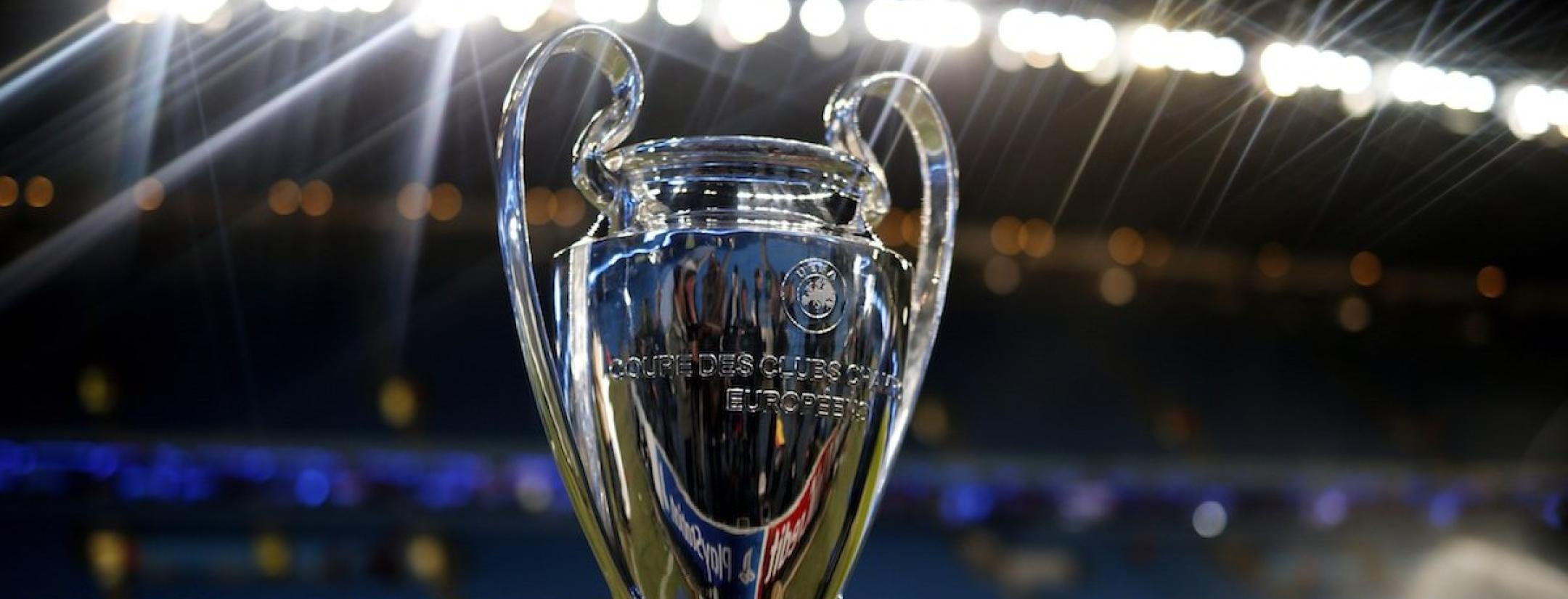The UEFA Champions League is supposed to be the best club competition in the world, and an elusive competition where the best of the best would compete. However, that hasn’t been the case for a while now. At least not in the group stage.
We’ve seen too many one-sided results lately, such as Barcelona putting seven past Celtic, Borussia Dortmund dominating Legia Warsaw by six, and Bayern Munich hammering FC Rostov by five. The competition was losing its appeal and UEFA had to do something about it.
What worries UEFA even more than losing appeal for its competition is actually having the big clubs walking out of the competition. Earlier this year, there were reports that executives from several Premier League clubs met to discuss about forming a new European Super League.
Although the clubs denied this and said they were meeting to discuss the International Champions Cup, UEFA had definitely taken notice. They did not want any big boys to walk away, and therefore changed the format of Champions League group stages starting in the 2018-19 season, when four teams from each of the top four leagues will get automatic spots to the group stages.
This change did not only have to do with quality of play, but also with finances. The new TV deal negotiated by Premier League was certainly behind it. Real Madrid received £81 million for winning last season's competition, but the team that finishes bottom of the English Premier League is set to receive £97 million this season, which has made teams from Spain and Italy very unhappy.
Because of the new revamp, now teams that will be involved in the competition will be paid much more. Revenue from broadcasting and sponsorship deals will increase as including more big teams leads to more big matchups.
For example, a matchup between Manchester United and Real Madrid will bring in much more money than, say, FC Rostov and BATE Borisov.
UEFA explained the new method in which clubs will be paid: ”A new four-pillar financial distribution system (starting fee, performance in the competition, individual club coefficient and market pool) will see sporting performances better rewarded, while market pool share will decrease.”
Some small clubs will still be a part of this competition, but now half the teams will be from Europe’s top four leagues (La Liga, Bundesliga, Premier League, and Serie A), which will definitely make the competition a lot more competitive than it has been.
This will keep the idea of European Super League, where only elite teams will compete, away from being discussed for a while. New UEFA president Aleksander Ceferin, who wants to close the gap between bigger clubs and smaller clubs of Europe, is not happy with the recent changes.
The former president of the Slovenian FA said he is “unhappy” about how this deal was reached and communicated, and his first priority will be to sit down with the various stakeholders.
These new reforms will increase the appeal and revenue of Champions League, even if teams outside of top four leagues and new UEFA president aren’t happy about it.
This was the perfect solution to avoid the threats made by big clubs to walk away from the competition and form their own Super League, and UEFA should be applauded for their smart thinking for once.




